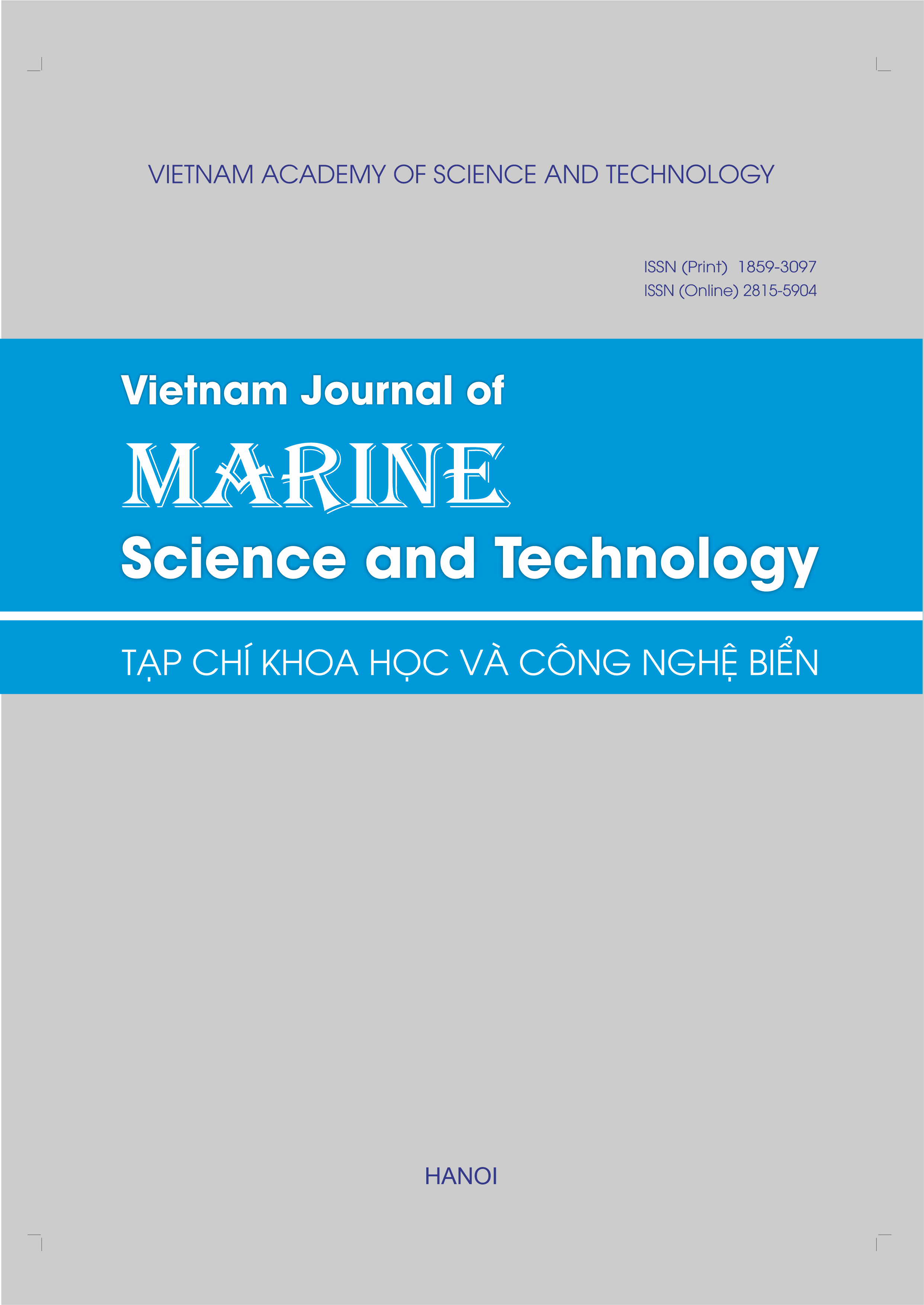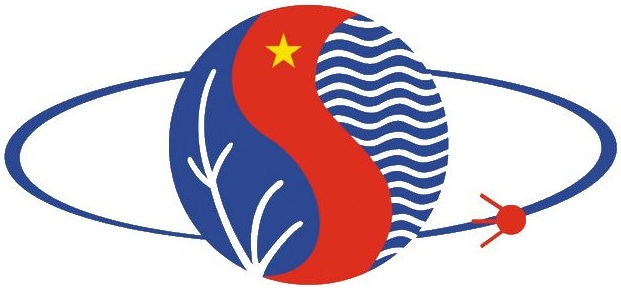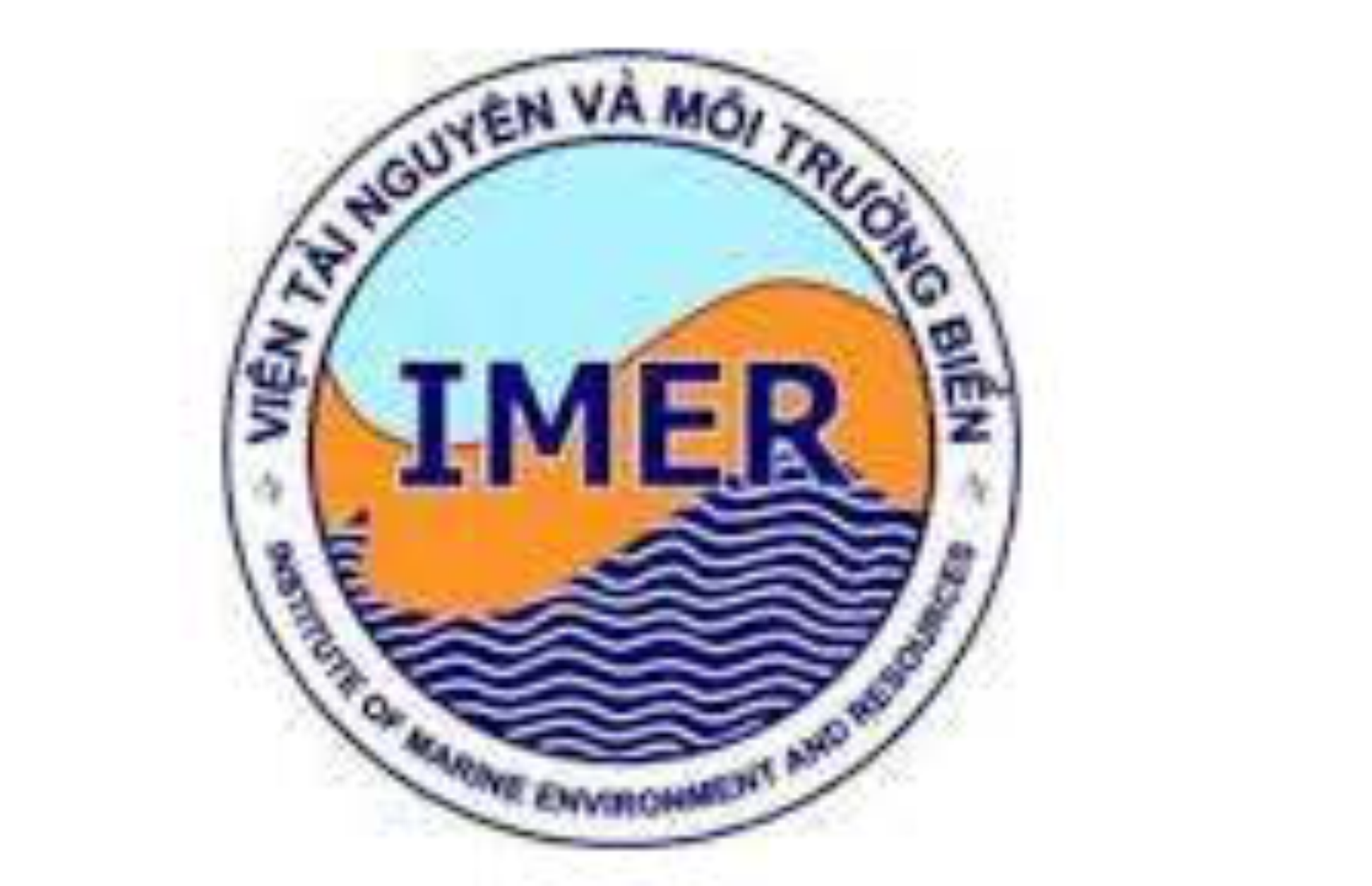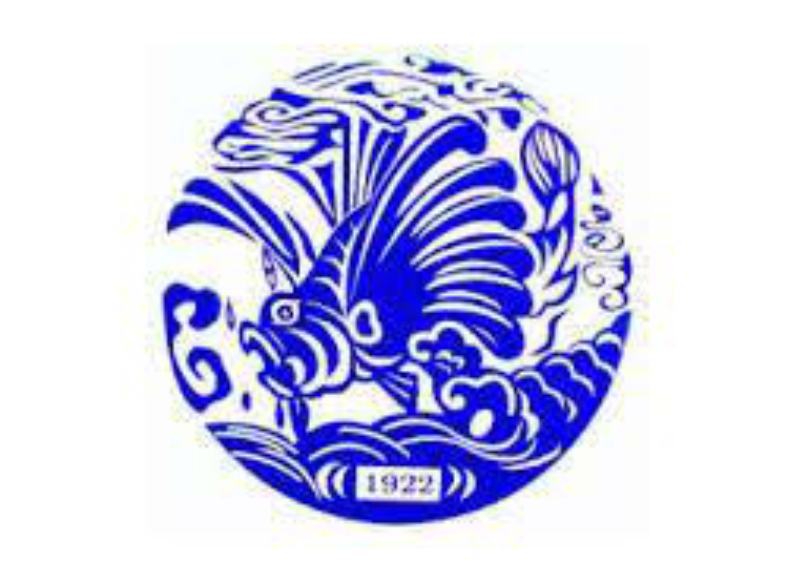Study on total lipid content, lipid class composition of some fire and soft corals collected in Nha Trang, Vietnam
Author affiliations
DOI:
https://doi.org/10.15625/1859-3097/19/1/13389Keywords:
Soft corals, hard corals, lipids, lipid layers.Abstract
For the first time, the total lipid content and lipid class composition of the Vietnamese soft corals (Sinularia brassica, Sinularia flexibilis) and fire corals (Millepora dichotoma, Millepora platyphylla) were investigated. The results indicated that the total lipid content of the investigated species was significantly different. Compositions of the lipid classes were analyzed using TLC and image analysis program Sorbfil TLC Videodensitometer DV and the results showed that phospholipids (PL, 10.91–16.02%), monoalkyldiacylglycerols (MADAG, 20.69-39.92%) and hydrocarbon wax (HW, 29.83-37.17%) were the main lipid classes of the total lipid in soft coral species. Meanwhile, PL (24.11-33.23%), TG (14.27–34.92%), ST (10.10–14.50%) and HW (12.08–19.95%) were predominant in fire coral species. ST, TG and FFA contents in soft and fire corals were at low level. DG was only present in the Sinularia flexibilis but not in other studied corals.Downloads
Metrics
References
Nguyễn Văn Long và nnk., 2011. Hiện trạng, xu thế và dự báo biến động đa dạng sinh học rạn san hô vùng ven bờ từ Đà Nẵng đến Bình Thuận. Hội nghị khoa học kỷ niệm 35 năm viện Khoa học và Công nghệ Việt Nam 1975–2010. Tiểu ban: Khoa học công nghệ biển.
Phạm Quốc Long, Châu Văn Minh, 2005. Lipit và các axit béo hoạt tính sinh học có nguồn gốc thiên nhiên. Nxb. Khoa học và Kỹ thuật.
Phạm Quốc Long, Lưu Văn Huyền, Imbs Andrey B., Dautova T. N., 2008. Lipit và axit béo của rạn san hô Việt Nam - Đa dạng sinh hóa học. Nxb. Khoa học và Kỹ thuật.
Imbs, A. B., Latyshev, N. A., Dautova, T. N., and Latypov, Y. Y., 2010. Distribution of lipids and fatty acids in corals by their taxonomic position and presence of zooxanthellae. Marine Ecology Progress Series, 409, 65–75.
Pham Quoc Long et al., 2015. Final report of 5th section of the major object: “Study on content and composition of lipids, fatty acids, oxilipin of some Vietnamese corals and marine organisms of East-North coast in Vietnam”.
Folch, J., Lees, M., and Sloane Stanley, G. H., 1957. A simple method for the isolation and purification of total lipides from animal tissues. Journal of Biological Chemistry, 226(1), 497–509.









